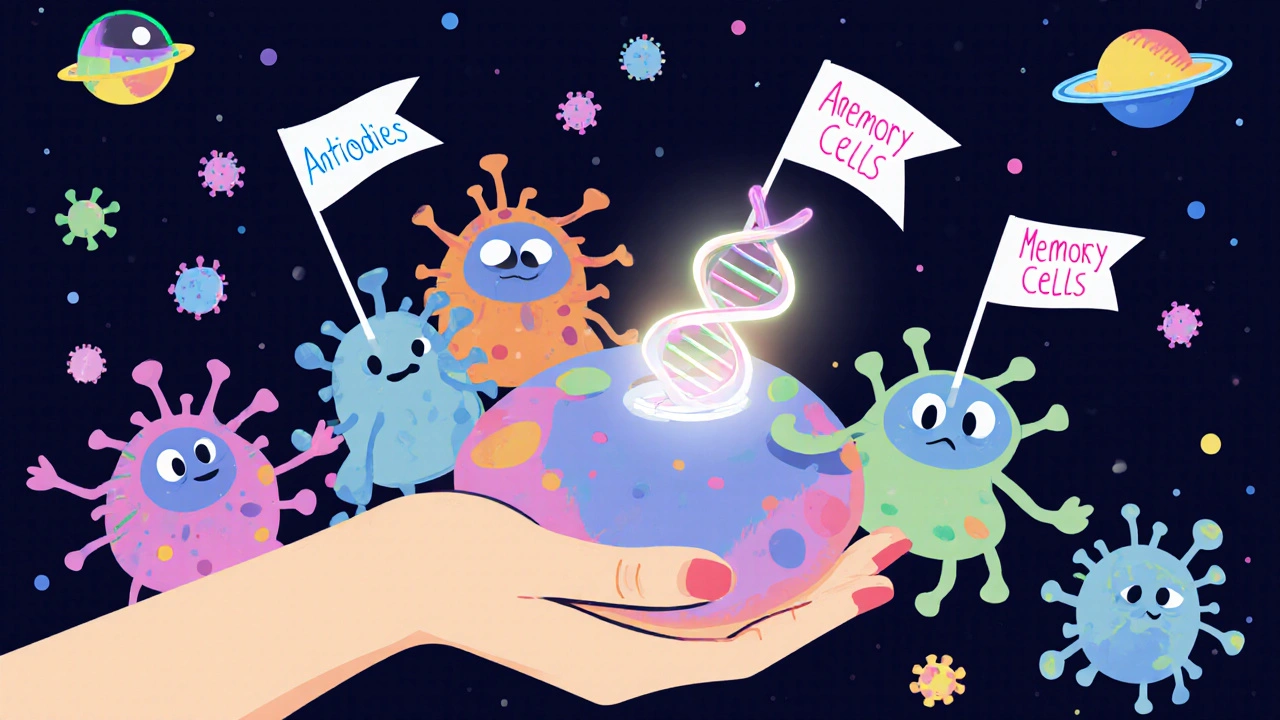When we talk about vaccine safety, the system of monitoring, testing, and regulating vaccines to ensure they protect without causing undue harm. Also known as immunization safety, it's not about eliminating all risk—it's about making sure the benefits massively outweigh any possible downsides. Every vaccine approved for public use goes through years of testing, multiple phases of clinical trials, and ongoing surveillance after it’s given to millions. The goal isn’t perfection—it’s proof that the chance of serious harm is smaller than the chance of getting seriously sick without it.
Many people worry about vaccine side effects, common, mild reactions like sore arms, low fever, or fatigue that happen in the first few days after getting a shot. These aren’t signs the vaccine is dangerous—they’re signs your immune system is working. Serious reactions, like allergic responses, are extremely rare: about 1 in a million doses. Compare that to the risk of complications from measles, polio, or whooping cough—diseases that used to hospitalize or kill thousands of children every year before vaccines existed. vaccine efficacy, how well a vaccine prevents disease in real-world use isn’t always 100%, but even partial protection reduces spread, protects those who can’t be vaccinated, and keeps hospitals from overflowing.
Myths about vaccine safety, the system of monitoring, testing, and regulating vaccines to ensure they protect without causing undue harm keep circulating—linking vaccines to autism, claiming they overload the immune system, or saying natural immunity is always better. None of these hold up under real data. The original autism claim was based on falsified research that was retracted and led to the doctor losing his medical license. Your body handles thousands of germs every day—vaccines introduce a tiny, controlled signal to train your defenses, not overwhelm them. And while natural infection can give immunity, it also brings the risk of brain damage, organ failure, or death. Vaccines give you the protection without the danger.
What you’ll find in the posts below isn’t a list of every vaccine ever made. It’s a collection of real, practical questions people actually ask: Why do some people get sick even after vaccination? What’s the difference between a side effect and an allergic reaction? How do we know long-term safety isn’t being hidden? These aren’t theoretical debates—they’re grounded in the kind of real-world cases and data you’d hear from a doctor who’s seen both the damage vaccines prevent and the rare, manageable risks they carry. You’ll get straight answers, not scare stories.
Posted by
Jenny Garner
15 Comments

mRNA therapeutics have transformed medicine since 2020, but understanding their side effects and how safety is tracked after approval is crucial. This article breaks down common reactions, rare risks like myocarditis, and how global systems monitor long-term safety.
read more